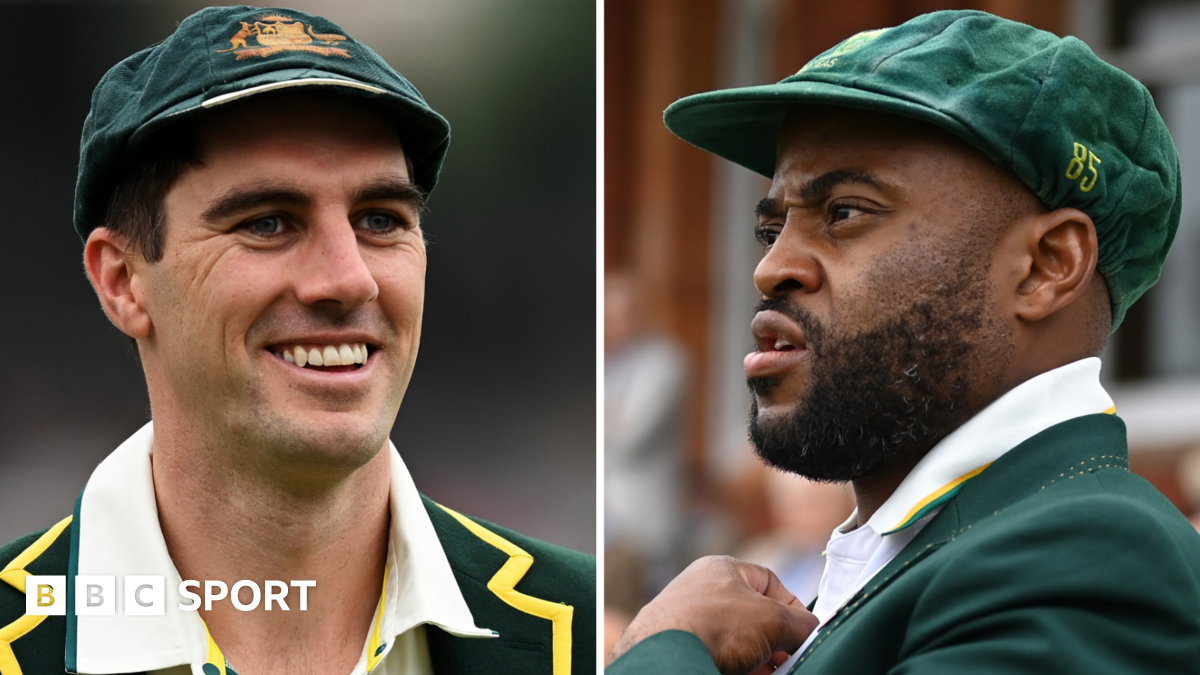For players from England, Australia and India, playing Test cricket is financially rewarding.
Ben Stokes, England’s Test captain, has a central contract reportedly worth £2.47m a year with the England and Wales Cricket Board (ECB)
Not all boards have the same depth of financial resources.
So inevitably, there has been a talent drain towards franchise cricket, frequently ensuring the most talented players are not always available for Test commitments.
WTC finalists South Africa were criticised for sending a weakened squad on a Test tour of New Zealand so their star players could play in the country’s domestic franchise tournament, the SA20.
That notion appeared to go a step further this week when Nicholas Pooran, who has never played a Test match, decided to retire from international cricket for West Indies at the age of 29.
Pooran is paid $2.5m for his participation in the IPL alone, while the top-earning centrally contracted players with Cricket West Indies earn $200,000.
The idea of the ICC ring-fencing a Test fund to financially incentivise players to play the format has been mooted in the past.
“It has to be something that’s looked at,” said Grave, who is now the chief executive of Major League Cricket in the USA, but an advocate for Test cricket.
“Players will make decisions about what’s good for them and their livelihoods and their future financial security.”
Deutrom believes there should be a degree of a financial autonomy for the likes of Cricket Ireland to decide how to spend the cash.
“I think the way it would work is that you would incentivise the boards in order to make sure that the players could be incentivised,” he said.
“Every member deals with its players differently, incentivises different formats. Obviously we are very familiar with the approach England takes in terms of the incentivisation of its players to play Test cricket.”
Barclay remains more cautious and would be “loathe to see a direct subsidy” to enable Test cricket to be played.
He added the idea “wasn’t seriously discussed during my watch” at the ICC but conceded “there may be a slightly different emphasis” now.
“It’s a case of prioritising, using resources sensibly, and accordingly,” Barclay said.
“New Zealand obviously won the first WTC. That’s a country with pretty limited resources, but it demonstrates that you don’t necessarily need to have large pools of money put aside.”
Read full article at source
Stay informed about this story by subscribing to our regular Newsletter



